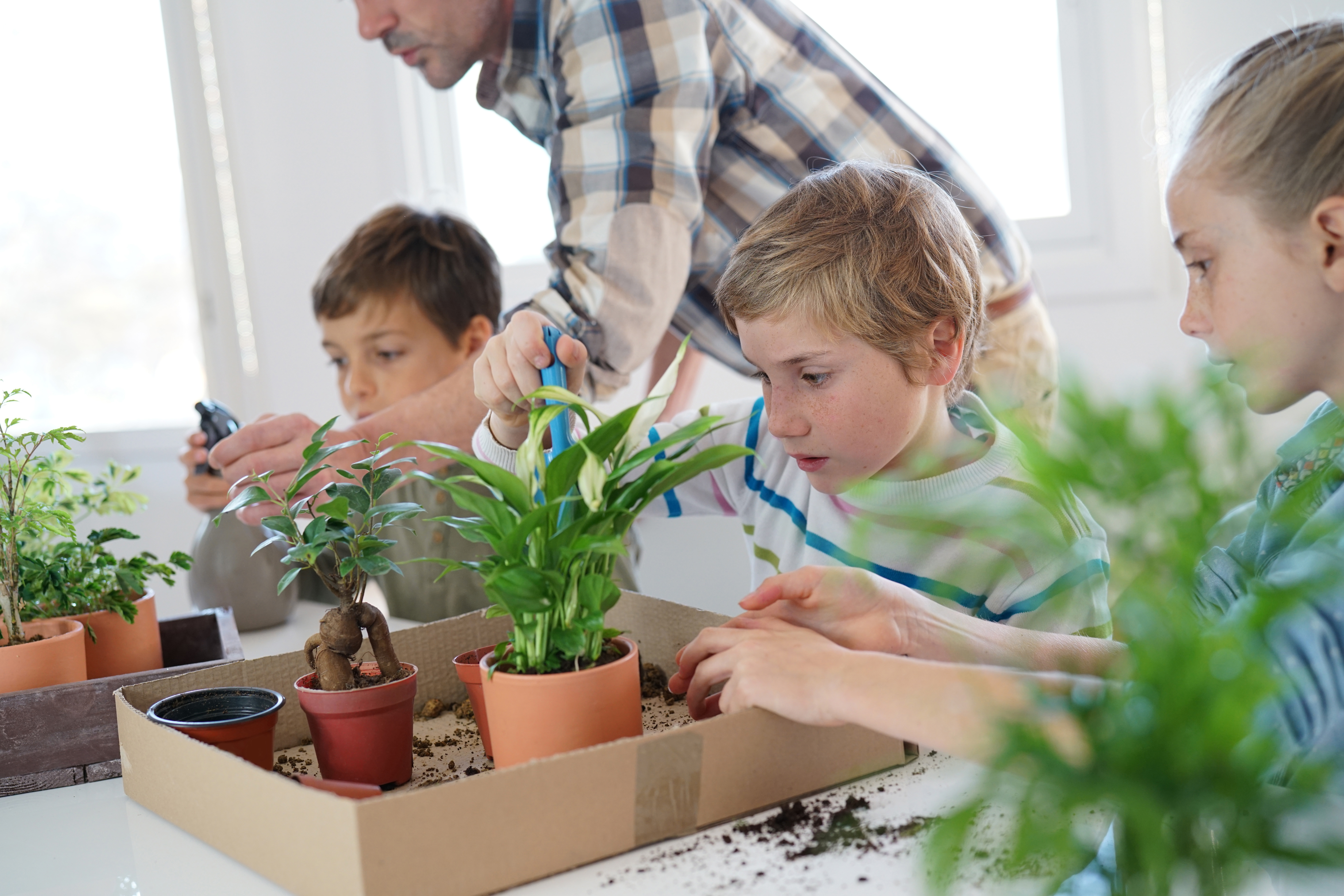
Have you ever wondered what makes the world around us work? Why do plants grow? Why do we need to eat? How do birds fly? All of these questions fall under the subject of science, an important part of STEM education, which is all about studying the natural world.
Science is all around us, from the tiniest ants crawling on the ground to the vastness of the stars in the sky. It’s all about observing, asking questions, and trying to find answers.
One fascinating area of science is biology, which is the study of living things. In biology, we learn about all the different types of living organisms, from the tiniest bacteria to the largest animals. We also learn about how living things work, how they grow, how they reproduce, and how they interact with their environment.
One of the most important things we learn in biology is about the food chain. This is the idea that all living things are connected and that they rely on each other for survival. For example, plants need sunlight, water, and nutrients from the soil to grow. Herbivores, such as cows and rabbits, eat the plants, and then carnivores, such as lions and eagles, eat the herbivores.
But did you know that there are other types of organisms that play an important role in the food chain? These are decomposers, such as bacteria and fungi. Decomposers break down dead plants and animals into nutrients that can be absorbed by the soil, which then helps new plants to grow. Without decomposers, the food chain would break down and the ecosystem would suffer.
Another important area of biology is genetics, which is the study of how traits are passed down from parents to offspring. This is what makes us all unique, with our own special characteristics and traits. Traits can be things like eye color, hair texture, and height. We inherit these traits from our parents through something called DNA, which is like a genetic code that contains all the information about who we are.
Biology also teaches us about the human body and how it works. We learn about the different organs and systems that make up our body, such as the heart, lungs, and digestive system. We learn about how our body fights off germs and how to stay healthy.
In conclusion, biology is a fascinating area of science that teaches us about the living world around us. It helps us understand how all living things are connected through the food chain, how traits are passed down through genetics, and how the human body works. By studying biology, we can learn to appreciate the wonders of the natural world and gain a deeper understanding of the world around us. So, go ahead and ask those questions, observe the world, and let your curiosity lead you to discover more about the fascinating subject of biology.


